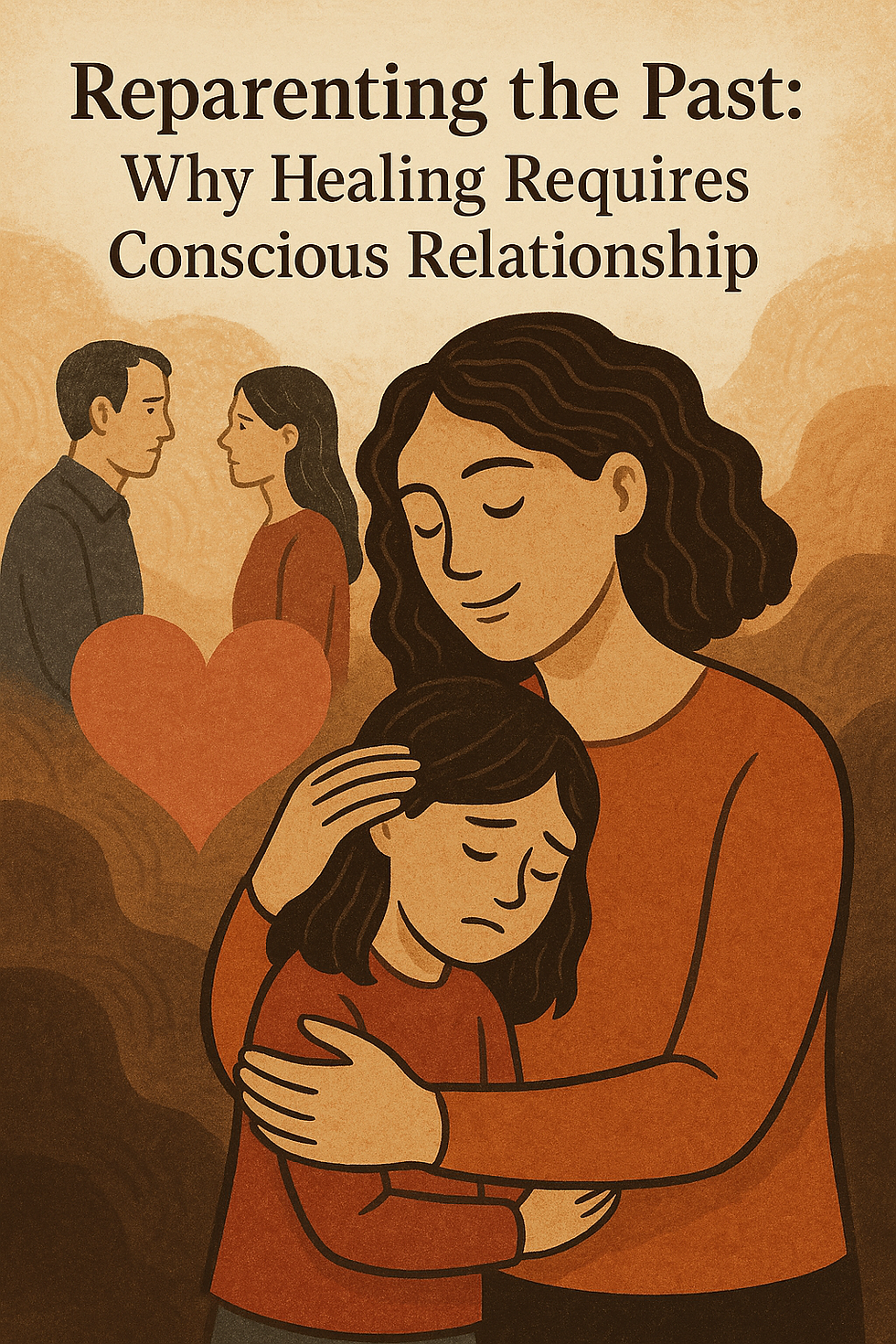The Purpose of a Boundary: Creating Safety for Healing and Growth
- Reanna Costa

- Nov 20, 2024
- 2 min read
Often when we hear the word “boundary,” we think of it as a wall, a limitation, or something that separates. And in some cases, this is true. However, a boundary can also be something much more expansive—a container for healing, connection, and exploration.
At its heart, a boundary is not about rejection or control (though it can be used this way, unfortunately)—it’s about safety. It is the foundation upon which we can rest, reflect, and grow. Without safety, it’s nearly impossible to access the deeper parts of ourselves that need attention and care.
Boundaries create the conditions for trust—trust in ourselves, in our relationships, and in the process of healing. They are the guardrails that allow us to navigate vulnerability without feeling overwhelmed or exposed. Thus, boundaries are a must. Without them, we often lack the clarity needed to know where we stand—not just in our relationships, but within ourselves.

Boundaries serve as a kind of inner compass, helping us locate our needs, values, and limits. Without this clarity, it’s easy to feel lost, overextended, or disconnected from who we truly are.
In relationships, boundaries provide structure and definition. They help us understand where one person ends and the other begins, allowing us to engage with others in ways that feel authentic and respectful. When boundaries are absent or unclear, misunderstandings arise, resentment builds, and we risk losing ourselves in the process of trying to meet everyone else’s needs.
By establishing and honoring boundaries, we create a map—a way to navigate life with greater confidence, trust, and self-awareness.
Hal used to say: “A boundary is a boundary until I say it isn’t anymore.” Boundaries are not permanent walls; they are tools. They are meant to support healing and growth, not to create separation indefinitely.
That said, sometimes boundaries do need to create separation and be permanent. There are relationships, situations, and patterns that are deeply unhealthy—places where it’s in our best interest to say a firm and clear no. These boundaries are not about control or punishment; they are about protection. Saying no in these situations is an act of self-preservation and love, both for ourselves and those involved.
For instance, you might set a boundary around how much time you spend giving to others while you’re in a season of personal healing. Over time, as you feel more resourced, that boundary might naturally adjust, allowing you to give more freely again. But in some cases, a firm boundary might mean permanently stepping away from a relationship or dynamic that is no longer safe or aligned with your values.
An Invitation to Reflect: What boundaries might you need to create—or revisit—today? Take a moment to consider where you could bring more clarity, safety, or trust into your life. Boundaries are not about shutting out the world but about creating the conditions for healing, connection, and growth.
By honoring your boundaries, you honor yourself.




Comments